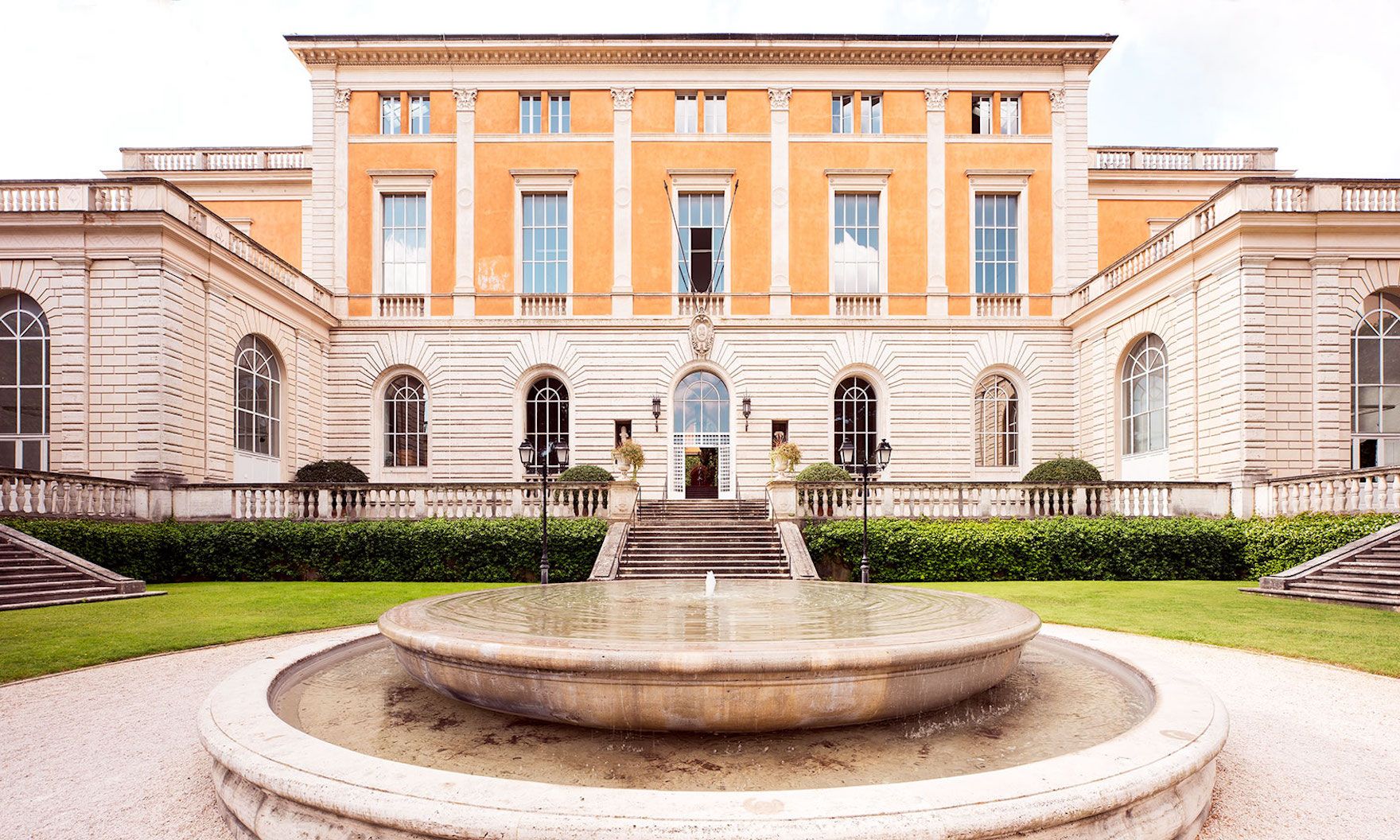The American Academy in Rome Photo by altrospazio
The American Academy in Rome, a centre located on the Eternal City’s Gianicolo hill that hosts US artists and scholars for coveted residencies and fellowships, has tapped Aliza Wong to be its next director. She succeeds Avinoam Shalem and will begin her tenure in July, reporting to the academy's president and chief executive Mark Robbins.
Wong, a professor at Texas Tech University in Lubbock and scholar who has written extensively about modern Italian history and culture, will be the 25th director of the academy and the first woman of colour to lead it.
“I’m looking forward to learning from the staff and the people who are there how I can best serve the American Academy and what the American Academy might look like in a post-pandemic world,” Wong says. “If we learned nothing else these past two years, it’s that the arts and humanities is essential work, it’s not secondary to what is essential to living a full and complete life, so I look forward to being part of that community.”
Aliza Wong, who will be the next director of the American Academy in Rome Photo by Ashley Rodgers
The academy was founded in 1894, making it the oldest American overseas centre devoted to the arts and humanities. Each year it selects US artists and scholars working in 11 disciplines (including visual art, design and architecture) to receive its Rome Prize, which entails a stipend, work space, room and board at the academy.
The current cohort of prize-winners includes artists Firelei Báez, Eric N. Mack and William Villalongo, among others. In its more than 120 years, the academy has hosted most of the renowned US artists of the day, from Philip Guston and Frank Stella to Ana Mendieta and Kara Walker. It also awards a smaller number of fellowships to Italian artists and scholars each year.
“For every person, Rome is a different thing, Rome has a different meaning, and I look forward to sharing what it means to me and learning from others what it means to them,” says Wong, who was a visiting scholar at the academy in 2006. “All of us, regardless of what our chosen professions or talents are, engage in these different ways of seeing the world, and I think that’s what the American Academy does so well, it offers us such a unique opportunity to explore the ways in which we can see and express the world.”

